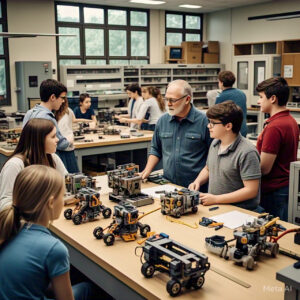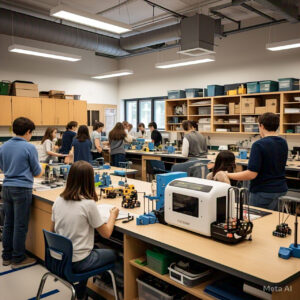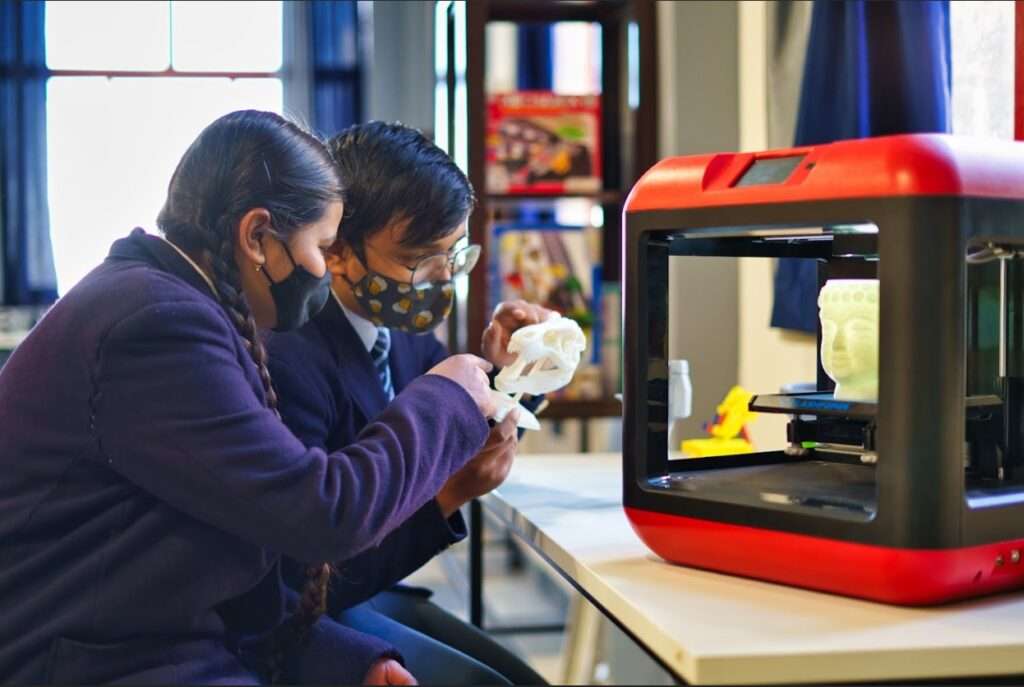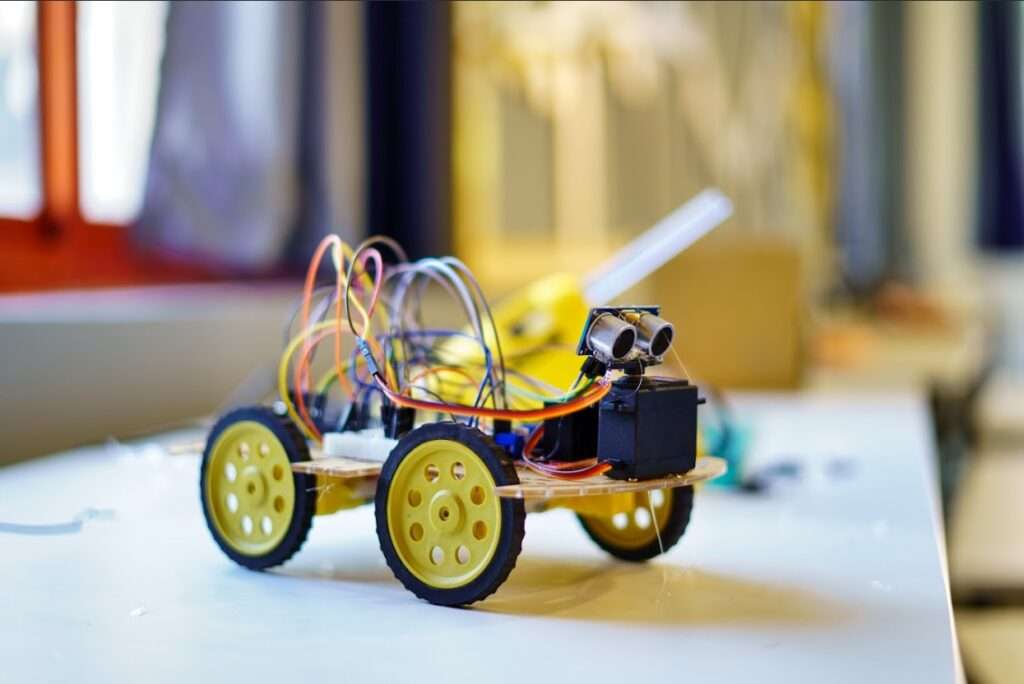In today’s world, STEM education for kids is critical to preparing them for success in the workforce. It helps foster creativity, critical thinking, and problem-solving skills giving children the tools they need to navigate a rapidly changing, tech-driven world. STEM encourages teamwork and creativity by integrating practical projects with real-world scenarios. Programs that prioritize diversity and inclusion ensure that all students have access to these vital fields. As technology continues to evolve, kids’ tech learning is playing a crucial role in shaping the next generation of engineers, scientists, and informed citizens. learn more
The rise of gamification in kids tech learning
STEM education for kids has transformed, with traditional methods often falling short. Gamification introduces game-like elements competition, challenges, and rewards making complex subjects more engaging and enjoyable. This approach enhances participation and retention, making kids tech learning more interactive and exciting
What is gamification in stem education?
Gamification is the practice of incorporating game mechanics like points, badges, leaderboards, and rewards into non-game environments, such as education. In the context of STEM education for kids, gamification turns ordinary classroom activities into engaging learning experiences. The goal is to motivate students, drive participation, and make learning more enjoyable by tapping into the natural human love for competition, teamwork, and achievement.
Gamification transforms traditional lessons into playful, interactive experiences, making STEM subjects more engaging and accessible. This results in better understanding and retention of complex material.
Challenges in traditional Stem education for kids
Lack of Engagement: Traditional teaching methods in STEM education for kids often fail to spark genuine interest. Relying on rote learning and textbook exercises can lead to disengagement, especially for younger students.
Complexity: STEM subjects like engineering and mathematics can be abstract and challenging. Without real-world applications, students may struggle to grasp the essential concepts in kids tech learning.
Low Retention: Traditional teaching methods, with a focus on memorization over practical application, often result in poor retention of knowledge. Students in India and beyond frequently find it difficult to recall STEM topics outside of exams.
To address these challenges, gamification offers a new approach to STEM education for kids, making it more engaging and effective.
Psychological and motivational benefits of gamification
Gamification provides several psychological and motivational benefits that can enhance kids tech learning:
Increased Motivation: Game elements like competition, rewards, and challenges increase students’ motivation to participate and succeed in STEM subjects.
Active Engagement: Instant feedback, points, and badges make learning more interactive, reducing boredom and encouraging continuous engagement.
Improved Self-Efficacy: By tracking their own progress and achieving small wins, students build self-confidence in their ability to succeed in STEM education for kids.
Encourages Persistence: Gamification teaches students to overcome obstacles, fostering resilience and a growth mindset essential traits for tackling challenging STEM projects.
Reduces Stress: A game-like approach to learning makes complex subjects feel less intimidating, creating a more relaxed and enjoyable learning environment.
All in all, gamification not only enhances motivation and engagement but also creates a positive learning atmosphere that leads to improved academic performance and long-lasting interest in kids’ tech learning.
Gamification techniques in stem education for kids
Virtual Labs & Simulations: These tools allow students to experiment and solve problems in a virtual space, simulating real-world STEM applications in a safe and engaging way.
Educational Games: Coding challenges, math puzzles, and science quests are all examples of games that promote learning through levels, points, and rewards.
Gamified Learning Platforms: Resources like Khan Academy integrate leaderboards, badges, and challenges into their courses, keeping students motivated as they advance through STEM topics.
Role-Playing & Scenario-Based Learning: Students can take on roles such as scientists or engineers in simulated environments, helping them apply theoretical knowledge to real-world problems.
These techniques bring immersive, interactive experiences into the classroom education in new and exciting ways
Transforming stem education, the power of gamification for kids
As technology evolves, STEM education for kids is vital for future careers. Traditional methods often lack engagement, but gamification makes learning fun and interactive. By incorporating game elements like points and rewards, it reduces stress and boosts motivation, leading to more effective kids tech learning.
Ready to spark your child’s creativity? Enroll them in Makers Muse’s STEM program today and experience the power of gamification!















